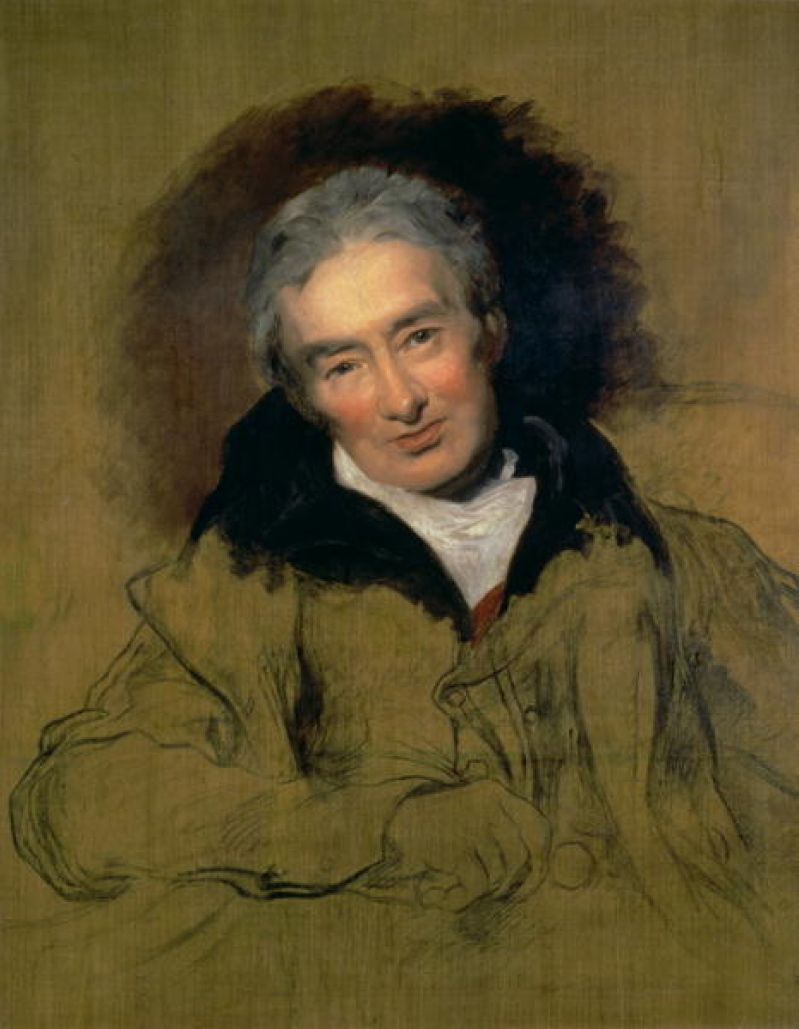
"Is it not the great end of religion, and, in particular, the glory of Christianity, to extinguish the malignant passions; to curb the violence, to control the appetites, and to smooth the asperities of man; to make us compassionate and kind, and forgiving one to another; to make us good husbands, good fathers, good friends; and to render us active and useful in the discharge of the relative social and civil duties?"~ William Wilberforce
What William Wilberforce described as a Christian obligation is regarded with great skepticism today. Legislative attempts to "drive religion and its influence out of public life" and appeals for tolerance from within the church have contributed to the labeling of Christian political participation as irrelevant to biblical priority and evangelical calling. As immorality gains legalization in increasing distaste towards life and family, many well-meaning believers assume silent complacency in the face of moral deterioration. Insisting that God's people are not of this world, and holding to a misconception of church-and-state separation, the Church has unknowingly forfeited her voice in the pulpit and courts. In doing so, She has negated the fact that an evangelical calling requires every believer to wield the sword of righteousness towards restoration of a biblical worldview which places earthly law in the scope and view of the consummation of the Great Commission.
To limit the Christian's accountability to the church or mission field is to underestimate God's range of presence and concern. He does not reign over those regions pronounced religious only, but also over every aspect of life. To reflect His universal permeation, man was designated the role of cultivator over both natural and spiritual matters (Genesis 2:2). From tilling the ground to constructing profound cities, creation was lent subject to man's will for the express purpose of directing men to their Creator (John 20:31). Additionally, men were called to exemplify the spiritual implications of this cultural mandate by upholding the God's standards in both daily life and particular vocations. Biblically prominent figures such as Daniel, Joseph, and Deborah were, after all, each called to civic roles with intention of enacting social order based on biblical statutes. Paul re-affirmed the continuity of this responsibility among believers in addressing the protection of widows, orphans, and the socially weak (Psalm 82:3; Isaiah 1:17).
A truly biblical understanding of the Great Commission perceives the world a mission place in which every earthly subject holds potential to serve and glorify the Savior. This worldview presents not a dichotomy of life, but a unity which centralizes upon Christ. By asserting laws which resemble eternal precepts and restraining surrounding evils, Christians fulfill their office as true "witnesses" (Isaiah 43:10). The institutions of church and state are perceived not as polar associations, but as subjects mutually ordained by God. Only in this perspective do we begin to fathom God's all-consuming sovereignty. Only this enlightenment can hope to regenerate mortal beings and cause them to aspire utilizing the world's tools without conforming to its values.







